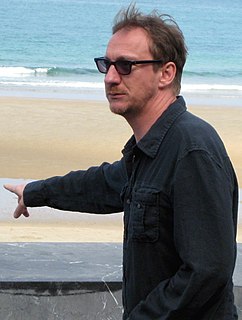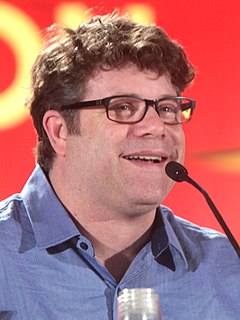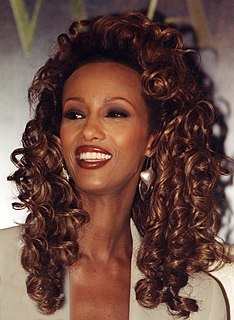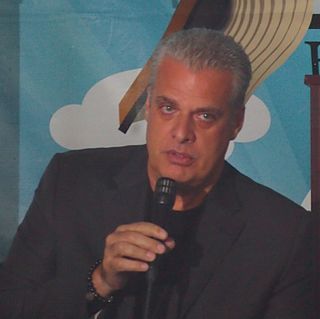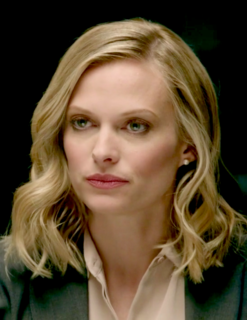A Quote by Dalai Lama
One Mongolian leader became a very, very brutal dictator and eventually became a murderer. Previously, he was a monk, and then he became a revolutionary. Under the influence of his new ideology, he actually killed his own teacher. Pol Pot's family background was Buddhist. Whether he himself was a Buddhist at a young age, I don't know. Even Chairman Mao's family background was Buddhist. So one day, if the Dalai Lama becomes a mass murderer, he will become the most deadly of mass murderers.
Quote Topics
Actually
Age
Background
Became
Become
Becomes
Brutal
Buddhist
Chairman
Chairman Mao
Dalai
Dalai Lama
Day
Deadly
Dictator
Even
Eventually
Family
Family Background
Himself
His
Ideology
Influence
Know
Lama
Leader
Mao
Mass
Monk
Most
Murderer
New
One Day
Own
Pot
Revolutionary
Teacher
Then
Very
Whether
Will
Young
Young Age
Related Quotes
One day I saw a picture of the Buddha on a Buddhist magazine and he was sitting on the grass, and he was sitting on the grass, very peaceful, smiling, and I was impressed. Around me people were not like that, so I had the desire to be someone like him. I nourished that kind of desire until the age of sixteen, when I had the permission from my parents to go and ordain as a Buddhist monk.
I came from a background where I was very poor growing up but I have never known poverty. My parents worked hard and they went to bed hungry, but they fed us. Then my father became an ambassador, so I ended up being driven by chauffeurs. And then we became refugees. After that, I looked at it through this "glass" of to have and have not, and at the end of the day, who actually helps, who actually steps up, who is there for you.
The judge who sits over the murderer and looks into his face, and at one moment recognizes all the emotions and potentialities and possibilities of the murderer in his own soul and hears the murderer's voice as his own, is at the next moment one and indivisible as the judge, and scuttles back into the shell of his cultivated self and does his duty and condemns the murderer to death.
At the age of eighty, the Dalai Lama has begun to discuss a range of prospects for the future disposition of his soul. Traditionally, after he dies, a search party of senior monks would set out to locate his new incarnation, who is most often a boy toddler, who goes on to be trained as a monk and a leader.
And who can deny that Stalin and Mao, not to mention Pol Pot and a host of others, all committed atrocities in the name of a Communist ideology that was explicitly atheistic? Who can dispute that they did their bloody deeds by claiming to be establishing a "new man" and a religion-free utopia? These were mass murders performed with atheism as a central part of their ideological inspiration, they were not mass murders done by people who simply happened to be atheist.
Where is fate and who is fate? We reap what we sow. We are the makers of our own fate. None else has the blame, none else has the praise. We make our own destiny.
The Christian is not to become a Hindu or a Buddhist, nor a Hindu or a Buddhist to become a Christian.
Each must assimilate the spirit of other religion and yet preserve his individuality and follow his own law of growth.


